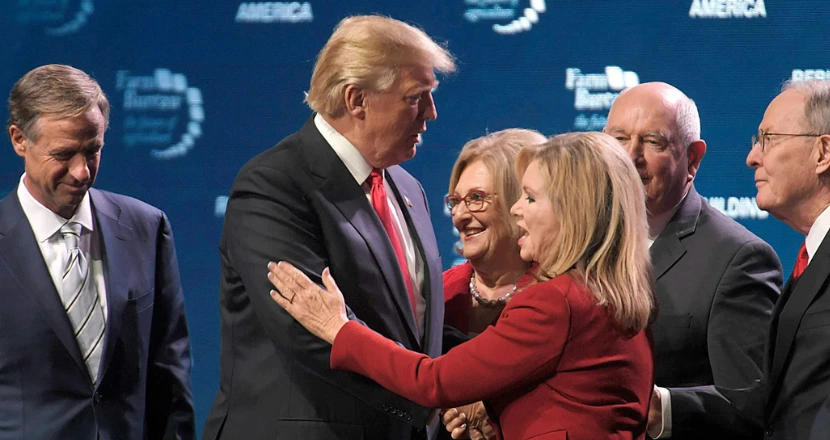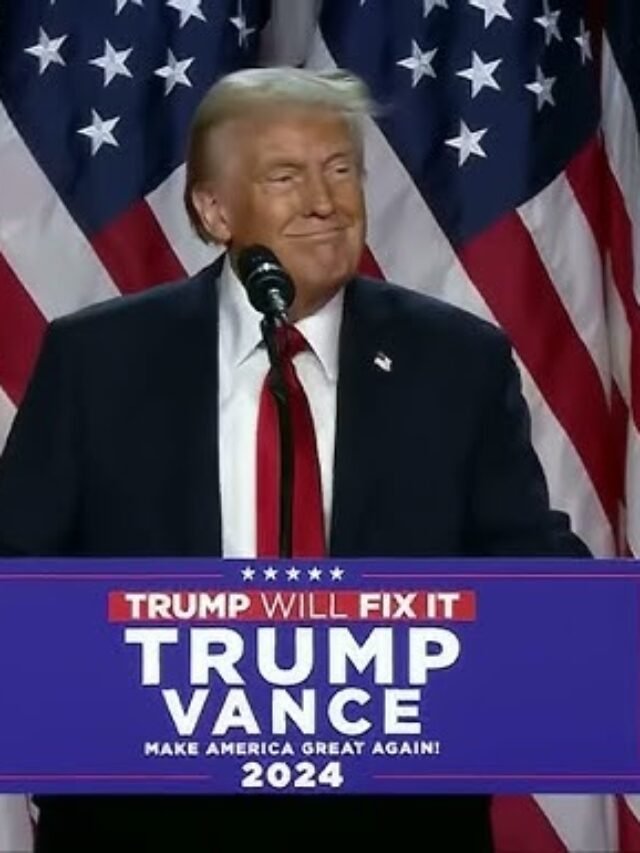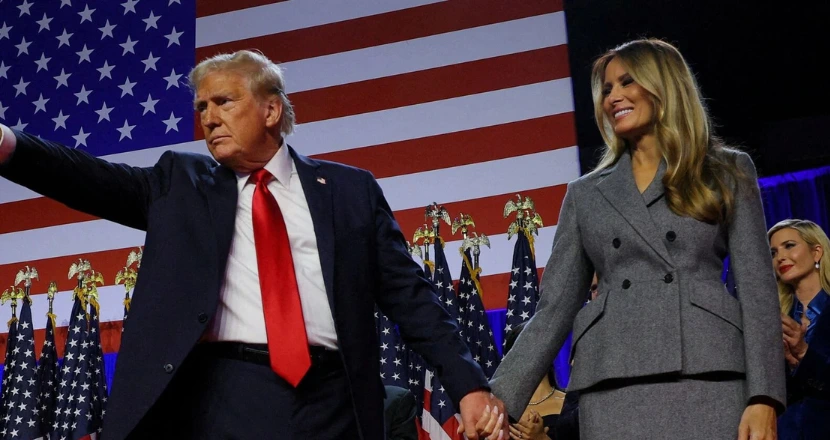Trump’s campaign promise to impose taxes on all foreign goods if he returns to the White House is setting off global concerns about a potential trade war.
While past tariff targets have included China and specific industries, his recent pledge to tax all imports could have far-reaching effects on global prices.
Trump has already voiced frustrations with Europe, singling out the European Union for not purchasing American products.
He pointed out the imbalance of car exports to the US, threatening that European countries would “pay a big price” for the trade deficit.
The market responded quickly, with shares in German carmakers like BMW, Mercedes, and Volkswagen falling by 5-7% following his victory confirmation.
Trump has often positioned tariffs as a solution to various global challenges, including curbing Chinese influence and addressing illegal immigration.
His campaign rhetoric hinted that tariffs could be a tool he uses broadly to adjust trade imbalances, with Europe being a potential target.
As the US grapples with this new economic approach, Europe is already considering retaliatory actions.
The European Union has responded to US tariffs in the past by targeting iconic American goods like Harley Davidson motorcycles, bourbon whiskey, and Levi’s jeans.

There is concern that such trade wars could harm the global economy, with some estimates suggesting that a significant conflict could cut global GDP by up to 7%.
For the UK, the looming trade tensions present a difficult position. With post-Brexit policies pushing for closer ties to the EU, the UK faces the challenge of balancing its relationship with both the EU and the US.
While some in the UK government might seek neutrality or try to avoid US tariffs, aligning with either side of a potential trade conflict could have significant economic ramifications.
Ultimately, the prospect of Trump’s trade policies being fully realized could spark a global ripple effect, with smaller nations also adopting protectionist measures.
The outcome of these tensions is still uncertain, but history shows how quickly such disputes can escalate into a broader trade war.
















